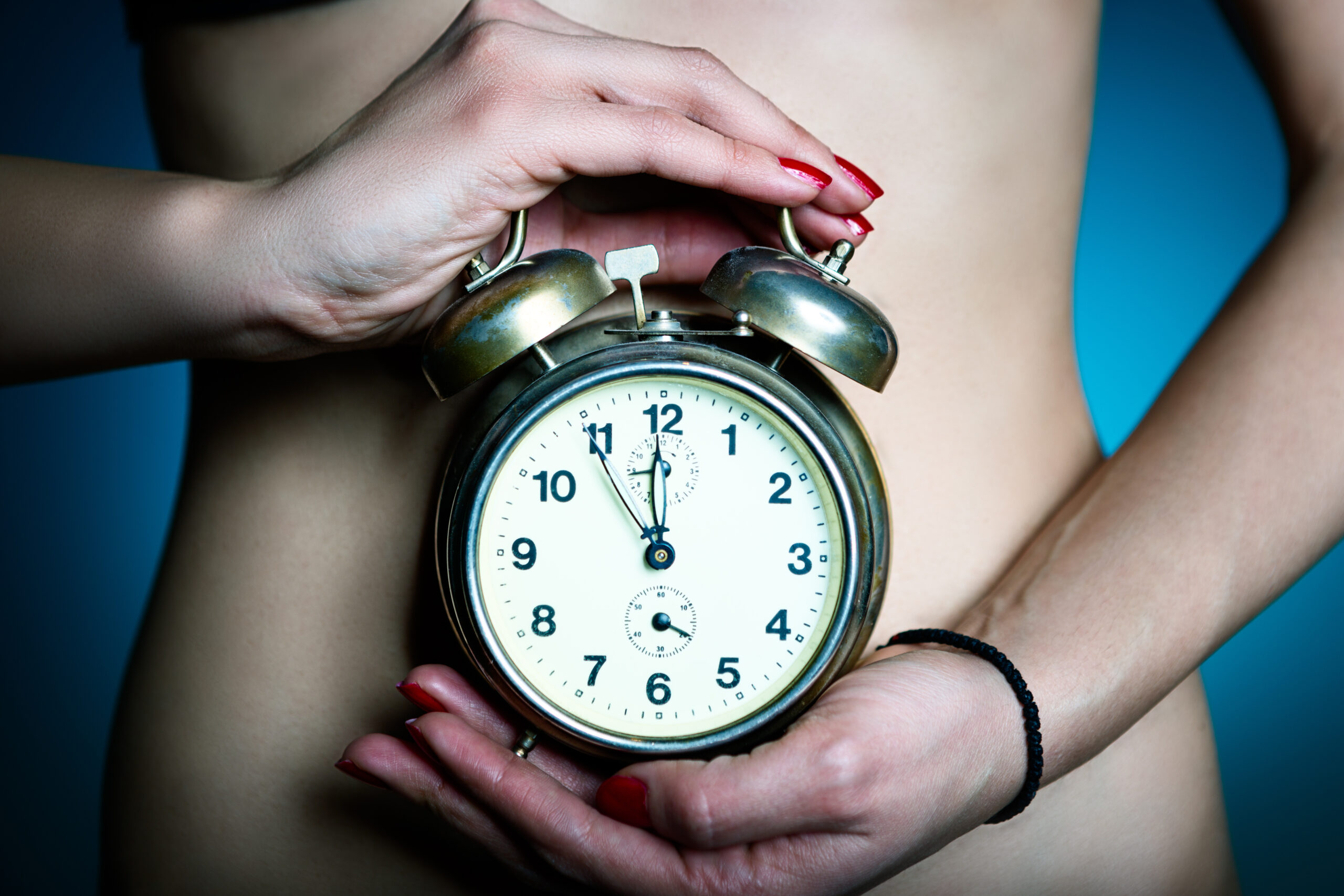According to Professor Russell Foster, a leading mind on body clock biology, “All life on earth has evolved under a rhythmically changing cycle of light and darkness, and organisms from single-celled bacteria up to man possess an internal representation of time.”
But rather than just one body clock, scientists now believe humans have millions of them, which are controlling different systems within us.
So how can you utilise these findings to your advantage?
6am – 9am
In the morning blood is more sticky and prone to clotting – making the risk of heart attacks 49 per cent higher in the morning than later in the day. This means a relaxed and slow start to the day is essential, especially for anyone with a history of heart disease.
Migraines, hay fever and rheumatoid arthritis peak at this time of the day also, so if you suffer with any of these it’s best to take your medication first thing to help stave off the symptoms.

By following your body clock you can plan the best time to exercise, have sex and take medication
If you have a history of heart disease in your family, working out first thing is actually a bad idea. Your system isn’t prepared for the extra strain at this time, so it’d be better to workout later. This is also the perfect time to have sex, as male sperm count tends to be highest at this time of day.
Between 9am and noon is apparently the best window to have an operation, with the chances of complications being lowest at this time. The worst time to have an operation is apparently between 3pm and 5pm.
10am – 12pm
Our brains are alert at this time, making it a good time to revise and focus on complex tasks. Also, 12pm is a good time to take painkillers for osteoarthritis – so they have time to kick in for the afternoon.
1pm – 3pm
Quarter past two is the time when people usually suffer from the ‘post lunch slump,’ so to avoid this – try walking around, stretching or having a drink of water to wake yourself up.

Have your last cup of caffeine at 8
4pm – 6pm
4pm is apparently the best time to work out, as our lung function is at its best at this time. At 5pm you should then eat a protein based snack to restore blood sugar levels, and give muscles the protein they need to repair themselves. At 6pm, you are most likely to perform well in muscle building tasks, and be more flexible – so this is also an optimum time to work out.
7pm – 11pm
While this may be slightly harder to implement for those who work long hours, researchers have found that avoiding food between 7pm and 6pm is a simple way to lose weight. At 8pm, you should have your last drop of caffeine, so it can wear off before you go to sleep. And at 10pm, experts recommend you should take your preventative inhaler if you suffer from asthma. Night time attacks are more likely so taking it before sleep could help prevent this. If you suffer from indigestion, you should take an antacid before bed, as the condition can get worse when you’re lying down.

.jpg)
